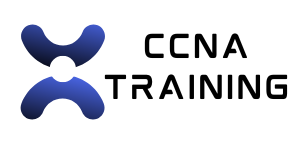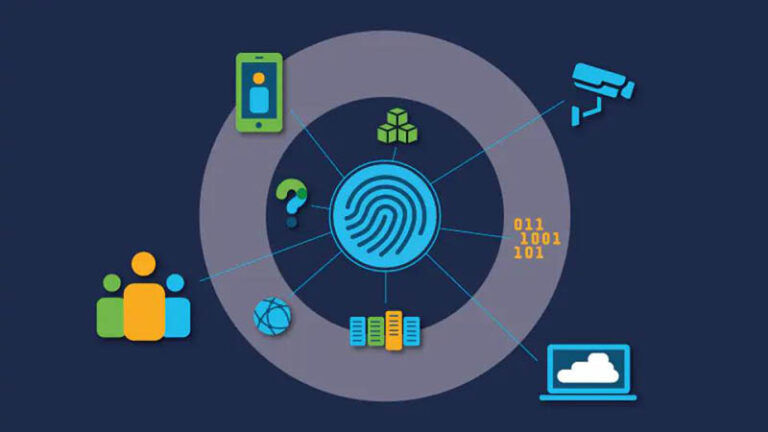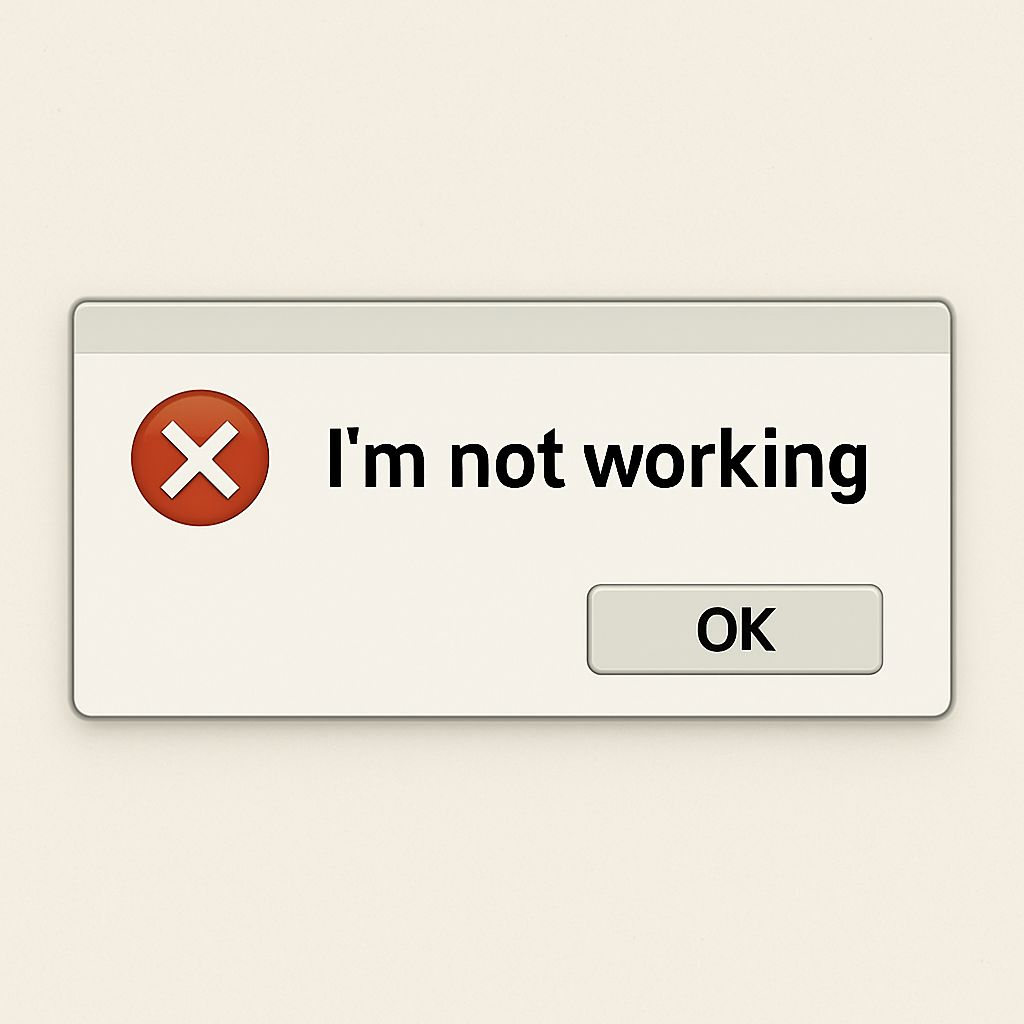The Cisco Certified Network Associate (CCNA) exam is a comprehensive test that assesses a candidate’s knowledge and skills in networking fundamentals, network access, IP connectivity, IP services, security fundamentals, and automation and programmability. The exam consists of multiple-choice questions, drag-and-drop questions, simulations, and simlets. It is designed to validate the candidate’s ability to install, configure, operate, and troubleshoot medium-sized routed and switched networks. The CCNA exam is a crucial step for individuals looking to pursue a career in networking and is highly regarded in the IT industry.
To pass the CCNA exam, candidates must have a solid understanding of networking concepts, protocols, and technologies. They should be familiar with Ethernet, IP addressing, subnetting, routing protocols, switching concepts, VLANs, ACLs, NAT, and other fundamental networking topics. Additionally, candidates should be proficient in configuring and troubleshooting network devices such as routers and switches. The exam also covers security fundamentals, including the implementation of security policies, device security, and wireless security. Furthermore, candidates are expected to have a basic understanding of automation and programmability, including the use of APIs and Python scripting for network automation.
Key Takeaways
- The CCNA exam tests knowledge of networking fundamentals, network access, IP connectivity, IP services, security fundamentals, and automation and programmability.
- Study strategies for success include creating a study schedule, using multiple resources, and practicing hands-on lab exercises.
- Practical lab experience is essential for understanding networking concepts and gaining hands-on skills.
- Taking practice tests helps to assess knowledge and identify areas for improvement.
- Effective time management and exam day preparation are crucial for success, including reviewing exam topics, getting a good night’s sleep, and arriving early at the testing center.
- Resources for exam preparation include official Cisco study materials, online courses, and study groups.
- Staying motivated and focused involves setting goals, staying organized, and seeking support from peers and mentors.
Study Strategies for Success
Preparing for the CCNA exam requires a strategic approach to studying. One effective strategy is to create a study plan that outlines the topics to be covered and allocates specific time slots for studying each topic. This helps ensure that all exam objectives are thoroughly reviewed. Additionally, using a variety of study materials such as textbooks, online courses, and video tutorials can provide different perspectives on the same topic, enhancing understanding and retention. It is also beneficial to engage in hands-on practice with networking equipment to reinforce theoretical knowledge with practical experience.
Another important study strategy is to take regular breaks during study sessions to prevent burnout and maintain focus. Short, frequent study sessions are often more effective than long, uninterrupted ones. Furthermore, actively engaging with the material through activities such as summarizing key points, teaching concepts to others, or participating in study groups can help solidify understanding and retention. Lastly, practicing with sample questions and mock exams can help familiarize candidates with the exam format and identify areas that require further review.
Practical Lab Experience
Practical lab experience is an essential component of preparing for the CCNA exam. Hands-on practice with networking equipment allows candidates to apply theoretical knowledge in a real-world setting, reinforcing their understanding of networking concepts and technologies. Setting up a home lab with routers, switches, and other networking devices provides an opportunity to configure and troubleshoot network configurations, experiment with different network topologies, and simulate various networking scenarios. This practical experience not only enhances technical skills but also builds confidence in working with networking equipment.
In addition to setting up a home lab, candidates can also benefit from virtual labs offered by online training providers or through network simulation software. These virtual environments allow candidates to practice networking tasks in a simulated setting without the need for physical hardware. Virtual labs provide a cost-effective and convenient way to gain practical experience with networking technologies. Furthermore, they offer the flexibility to experiment with different configurations and scenarios without the risk of impacting a live network. Practical lab experience is invaluable in preparing for the CCNA exam and is essential for developing the skills required for a career in networking.
Taking Practice Tests
| Test Name | Number of Questions | Duration | Score Range |
|---|---|---|---|
| Practice Test 1 | 50 | 60 minutes | 0-100 |
| Practice Test 2 | 75 | 90 minutes | 0-150 |
| Practice Test 3 | 100 | 120 minutes | 0-200 |
Taking practice tests is an effective way to assess one’s readiness for the CCNA exam and identify areas that require further review. Practice tests provide a simulated exam experience and help familiarize candidates with the format and types of questions they can expect on the actual exam. They also serve as a gauge of progress throughout the study process and can help build confidence leading up to the exam day.
In addition to assessing knowledge and understanding of exam topics, practice tests can also help improve time management skills. By timing themselves during practice tests, candidates can practice pacing themselves to ensure they have enough time to answer all questions within the allotted time frame. Furthermore, reviewing the results of practice tests can help identify weak areas that require additional focus. This allows candidates to adjust their study plan accordingly and prioritize topics that need further review.
Time Management and Exam Day Preparation
Effective time management is crucial when preparing for the CCNA exam. Candidates should allocate sufficient time for studying each exam objective while also allowing time for regular review and practice. Creating a study schedule with specific time slots for each topic can help ensure comprehensive coverage of all exam objectives. It is important to set realistic study goals and avoid cramming large amounts of material into short periods of time.
On exam day, it is essential to arrive at the testing center well-prepared and with ample time to spare. This includes bringing all necessary identification documents and any other required materials. Candidates should also ensure they are well-rested and mentally prepared for the exam. Managing stress and anxiety is important for maintaining focus during the exam. Engaging in relaxation techniques such as deep breathing or visualization can help calm nerves and improve concentration.
Resources for Exam Preparation

There are numerous resources available to aid in preparing for the CCNA exam. Official Cisco training courses provide comprehensive coverage of exam topics and are taught by certified instructors with real-world networking experience. These courses often include hands-on lab exercises to reinforce theoretical concepts. Additionally, Cisco Press offers a range of study guides, practice tests, and other self-study materials specifically designed for CCNA exam preparation.
Online training platforms such as CBT Nuggets, Pluralsight, and Udemy offer video-based courses covering CCNA exam objectives. These platforms provide flexibility in learning by allowing candidates to study at their own pace and access materials from anywhere with an internet connection. Furthermore, online forums and study groups can be valuable resources for discussing exam topics, sharing study tips, and seeking clarification on challenging concepts.
Staying Motivated and Focused
Staying motivated throughout the preparation process is essential for success in passing the CCNA exam. Setting clear goals and milestones can help maintain motivation by providing a sense of progress and accomplishment. Breaking down the study material into manageable chunks can make the preparation process feel less overwhelming and more achievable. Additionally, rewarding oneself for reaching study milestones can provide positive reinforcement and help sustain motivation.
Maintaining focus during study sessions is equally important. Minimizing distractions by finding a quiet study space, turning off notifications on electronic devices, and setting specific study times can help create an environment conducive to concentration. It is also beneficial to take regular breaks to prevent mental fatigue and maintain productivity. Engaging in physical activity or relaxation techniques during breaks can help refresh the mind and improve focus when returning to study.
In conclusion, preparing for the CCNA exam requires a strategic approach to studying that includes practical lab experience, taking practice tests, effective time management, utilizing available resources, and staying motivated and focused throughout the preparation process. By following these study strategies and leveraging available resources, candidates can increase their chances of success on the CCNA exam and advance their careers in networking.
FAQs
What is the CCNA exam?
The CCNA (Cisco Certified Network Associate) exam is a certification exam offered by Cisco that tests the candidate’s knowledge and skills in networking fundamentals, network access, IP connectivity, IP services, security fundamentals, and automation and programmability.
What are the prerequisites for taking the CCNA exam?
There are no formal prerequisites for taking the CCNA exam, but it is recommended that candidates have a good understanding of networking fundamentals and basic IP addressing.
What topics are covered in the CCNA exam?
The CCNA exam covers a wide range of topics including network fundamentals, network access, IP connectivity, IP services, security fundamentals, and automation and programmability.
How can I prepare for the CCNA exam?
Candidates can prepare for the CCNA exam by taking Cisco-approved training courses, using study guides and practice exams, and gaining hands-on experience with networking equipment.
What is the format of the CCNA exam?
The CCNA exam is a computer-based test that consists of multiple-choice, drag-and-drop, and simulation questions. The duration of the exam is 90 minutes.
What is the passing score for the CCNA exam?
The passing score for the CCNA exam is set by Cisco and may vary. Candidates should check the Cisco website for the most up-to-date information on passing scores.
















